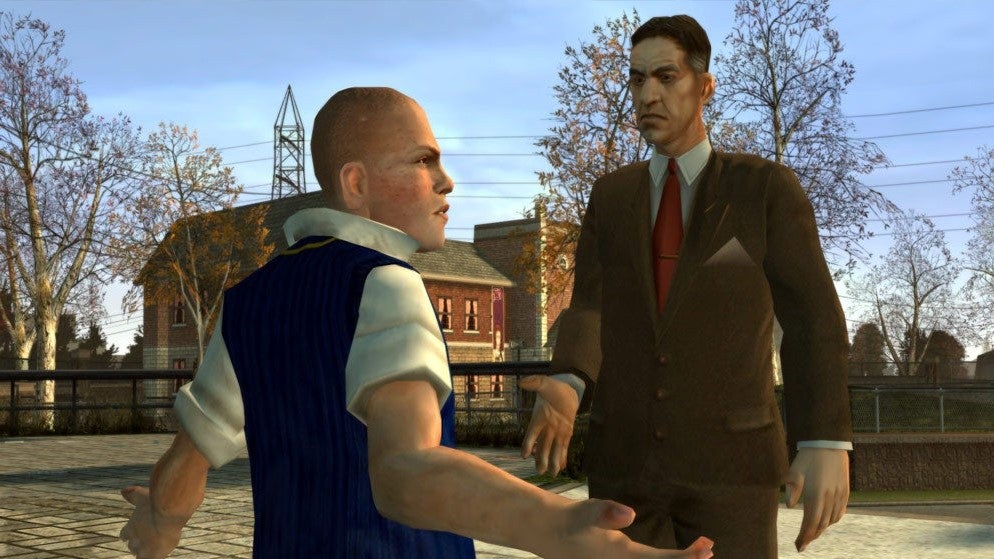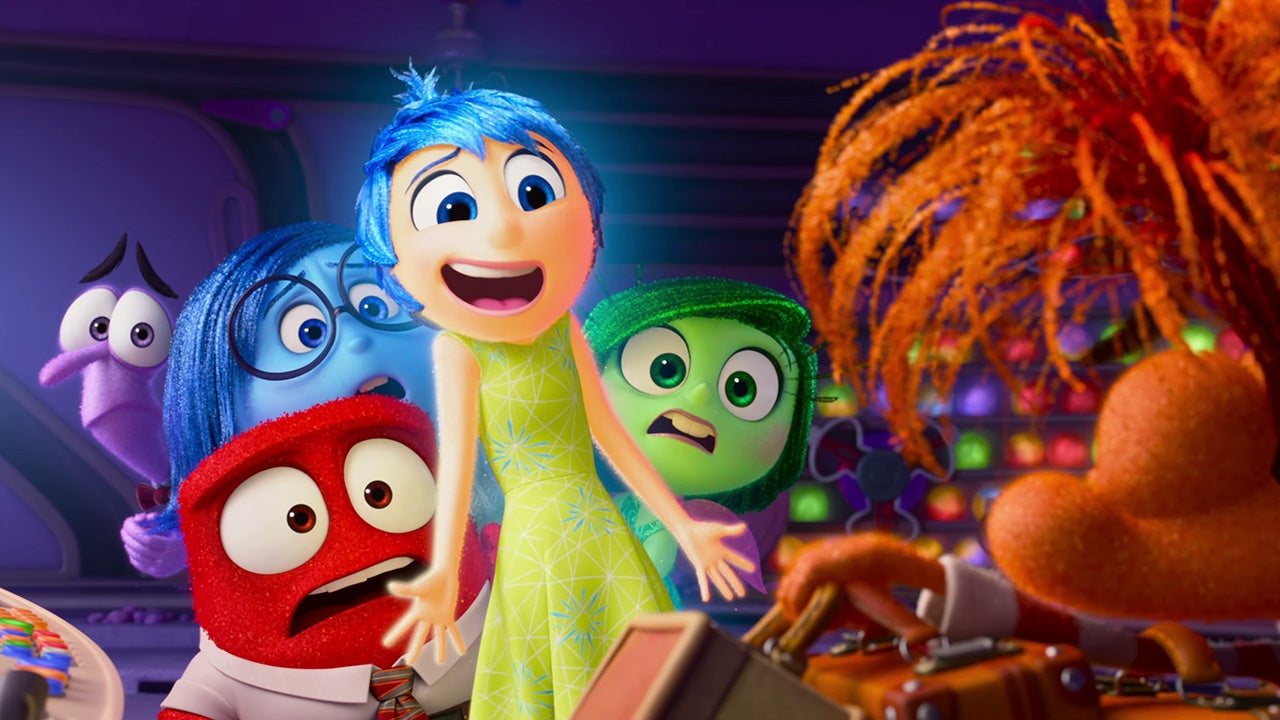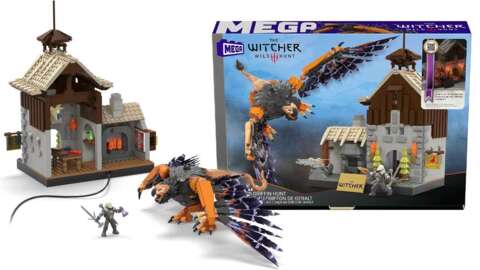A man standing trial for the attempted kidnapping of former House Speaker Nancy Pelosi and a violent attack on her husband Paul Pelosi has claimed that he was radicalized by watching hours of extremist, anti-feminist gaming videos on YouTube.
The man in question, David DePape, is currently standing trial in San Francisco for breaking into Pelosi's house just 11 days before the midterm elections last year in an attempted kidnapping of the then-Speaker. Though he did not successfully kidnap Pelosi, who was not home at the time, he bludgeoned Paul Pelosi with a hammer repeatedly. DePape pleaded not guilty, and faces potential life in prison.
In the third day of DePape's trial, KQED reports that he revealed to the court that the attack was part of a "grand plan" that involved, among other things, exposing alleged Democratic party "lies," getting pardons issued to a long list of celebrity and political "criminals," and ultimately "expose everything at the end with Hunter Biden." DePape's plan also included wearing an inflatable unicorn costume, interrogating the Speaker about Russian involvement in the 2016 election, and uploading the discussion online.
Notably, DePape claimed on the witness stand that his plan developed after he began to listen to multiple right-wing, political YouTubers including James Lindsay, Jimmy Dore and Glenn Beck for hours on end - including nonstop for entire weekends - while playing video games in his garage. DePape claims he discovered those YouTubers while looking up video game tips on YouTube, only to stumble upon discussions of 2014 online harassment campaign GamerGate.
“I’d look up a [strategy to defeat a video game] boss, and it’d be a total different person and these people would talk about how toxic [feminist speaker and critic] Anita Sarkeesian is, over and over and over,” DePape said. “I wanted to find out what was going on here. I wanted to get both sides of the story.”
It was from researching the claims these YouTubers made about Sarkeesian, he said, that DePape discovered further conspiracy theories as he went "deeper and deeper and deeper" in his research.
GamerGate was an online campaign begun in 2014 that targeted women in the games industry with harassment and violent threats under the guise of of promoting journalistic ethics. The most vocal part of the campaign spanned roughly a year and targeted figures including Sarkeesian and game developer Zoë Quinn, but its ripples have been felt in the years since, with many analysts tying its impacts to the subsequent growth of the extremist alt-right movement.
Closing arguments in DePape's trial are expected to conclude this week.
Blogroll image credit: San Francisco Chronicle/Hearst Newspapers via Getty Images








